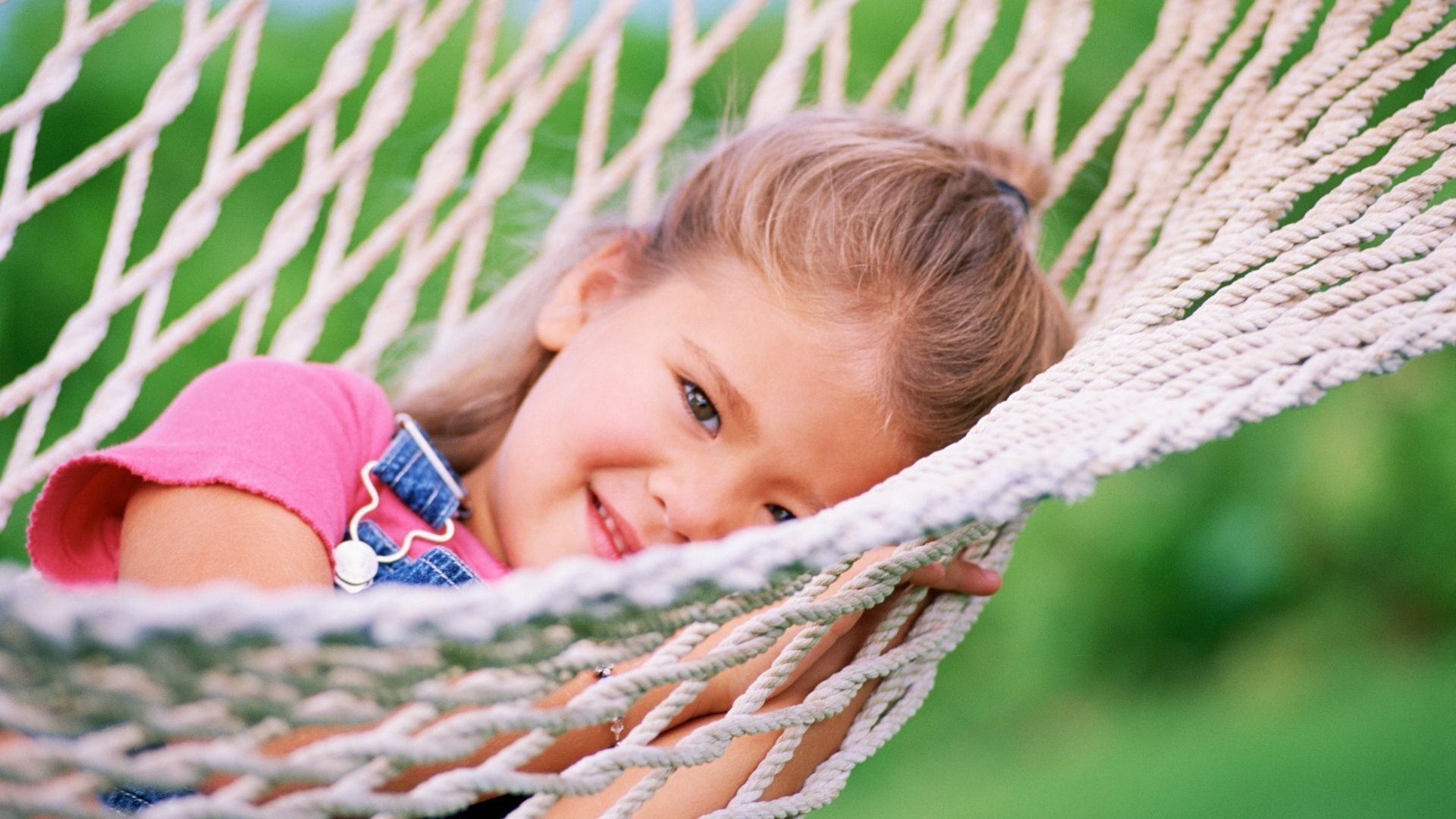Veerkragtigheid Gaan Oor Hoe Jy Herlaai!

Wanneer dit kom by veerkragtigheid of die Engelse “Resilience” maak ons soms gebruik van ‘n militaristiese of sterk uitkyk om dit te definieer. Woorde soos deursettingsvermoë, “grit”, weerstand en “tough” word maklik met die woord veerkragtigheid geassosieer. Ons sien in ons geestesoog ‘n soldaat wat deur aanval skote van die vyand hardloop, sy medesoldaat red en die oorlog wen. Ons sien ‘n atleet wat ten spyte van beserings die resies wen of ‘n vrou wat weier om ‘n traan te stort by haar man se oop graf omdat sy nog 2 kinders het om voor te sorg.
Veerkragtigheid gaan nie so seer oor dit wat jy weerstaan nie, maar eerder oor hoe jy herlaai. Ons herlaai periodes of oomblikke van “recharge” speel ‘n enorme rol in ons vermoë om veerkragtig te kan wees. Om 17:00 elke middag uit te teken by jou kantoor definieer nie die konsep van herlaai nie. Herlaai beteken om ten volle te ontspan en die dinge te doen wat jou energie gee.
Dit is belangrik dat ons vir ons kinders die waarde van ontspanning leer van kleins af. Dit is beter om te stop en te rus sonder om op te gee en dan weer te probeer. Kinders moet ook geleer word hoe belangrik ‘n goeie nagrus is, hoe belangrik gesonde kos en oefening is. Indien ons dit regkry om ons kinders te laat inkoop in die belangrikheid van self-versorging deur middel van herlaai aktiwiteite, vermeerder ons hul kanse om veerkragtig te kan wees.
Dink terug aan jou eie lewe, vir hoeveel meer sien jy kans as jy herlaai voel, vol energie, in vergelyking met die dae waar jy al vir weke jouself afsloof voor jou rekenaar of al jou tyd aan ‘n werk projek spandeer.
Indien jy jouself weer in ‘n situasie bevind waar jy veerkragtig gaan moet optree is dit belangrik om te onthou dat hoe jy herlaai kan bepaal hoe jy die situasie hanteer.
Share Post
Complete the following form if you require more info about EQ4kids or want to enroll your child at your nearest Franchise.
Blog Enquiry









